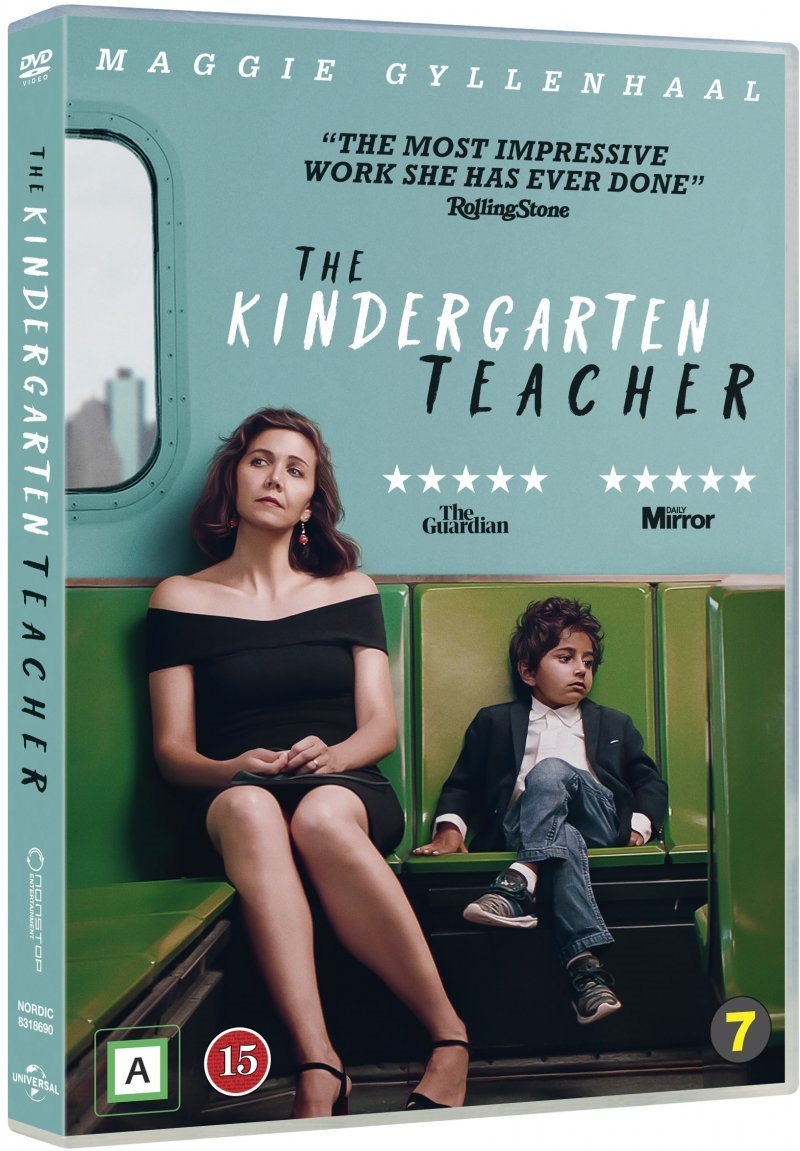
In one scene, Nira gives Yoav a lesson on this very question: taking him into the kindergarten yard, she asks him to consider “the yard through the eyes of an adult. It’s all to do with point of view-literally so. When Yoav’s teacher Nira (Sarit Larry) reads the piece as her own at a poetry group, it causes a stir: one woman objects that it’s “cold, scientific, conceptual.” The poem becomes a banal love ode, or the boy’s moving invocation of his absent mother, or a woman’s declaration of lesbian passion. Depending who subsequently quotes the poem, or claims to have written it-the film is very much about appropriating the words of others-“Hagar” comes to signify someone or something different. The first poem that little Yoav (Avi Shnaidman) comes up with appears to be a brief love verse, addressed to a radiant female named Hagar. That may sound obvious, but the film dramatizes this idea very consistently. It’s hard to explain exactly what’s going on with the camera in this film-if it were, The Kindergarten Teacher wouldn’t be quite so alluringly odd-but it’s to do with point of view. You sense an extra presence hovering around the action-literally, the camera operator, but figuratively, what kind of uninvited guest is a matter for the viewer’s imagination. Plenty of films make us hyperconscious of the camera’s movements, but in The Kindergarten Teacher, we become unusually conscious of someone physically moving the camera, probably because those moves are not obviously motivated. We’re not simply aware in this film (shot by Shai Goldman) of certain viewing positions, or even of the presence of the camera in a more or less concrete sense.

It drifts, it hovers at unconventional heights, it follows unexpected characters in circles, pans to and fro, tilts up and down. All through the film, the camera moves in similarly strange ways.
#The kindergarten teacher tv#
At the very start, a man is watching an uproarious chat show on TV the man is seen first just as a disembodied foot, then as a bald head, and as he moves his arm on the back of his sofa, his elbow twice nudges the camera, which visibly jolts-before it tracks over to follow his wife, the film’s protagonist, into the next room. It was certainly the slippery style of The Kindergarten Teacher that had me hooked from the outset, even before we know what the film’s about. But that is to ignore the troublesome relationship between script and finished film, and the way in which, as we watch, we are more likely to sense style as something coming before script, as if our awareness of a film’s subject or argument emerged out of its style as much as (or more than) out of the concrete evidence of its words or images. Putting it that way, you see the problem of regarding a film and its script as two distinct commodities: you end up conceiving of directorial style as something simply applied to written material, as if slapped on top of it.

And it would be easy to imagine a prospective funder asking Lapid what style he imagined best suiting this material-undemonstrative naturalism, or something more stylized. It’s easy to imagine reading Lapid’s script for this film and envisioning something quite routine: a solid psychological drama with an element of debate on the meaning and value of art in contemporary culture. A kindergarten teacher in contemporary Tel Aviv discovers that one of her pupils, a 5-year-old boy, is spontaneously coming up with precocious poems starting out intrigued by him and what he seems to represent, she becomes disturbingly obsessed.

The synopsis doesn’t suggest anything very outré. But to call a film deeply strange would imply something more elusive that can’t easily be pinned down and explained-something that, even once you’ve got to grips with a film’s apparent meaning, still escapes you, causes you that itch you get from a riddle that remains partially unsolved. Israeli drama The Kindergarten Teacher is a deeply strange film-with the emphasis on “deeply.” Even in these cautious days, there’s no shortage of strangeness in cinema, but it usually comes in the more demonstrative, immediately recognizable variety-the flamboyance of a Paolo Sorrentino, say, or the skewed linguistic conceptualism of a Yorgos Lanthimos… We’re used to seeing strangeness that’s manifest, located right on the surface of a filmmaker’s visual language.


 0 kommentar(er)
0 kommentar(er)
